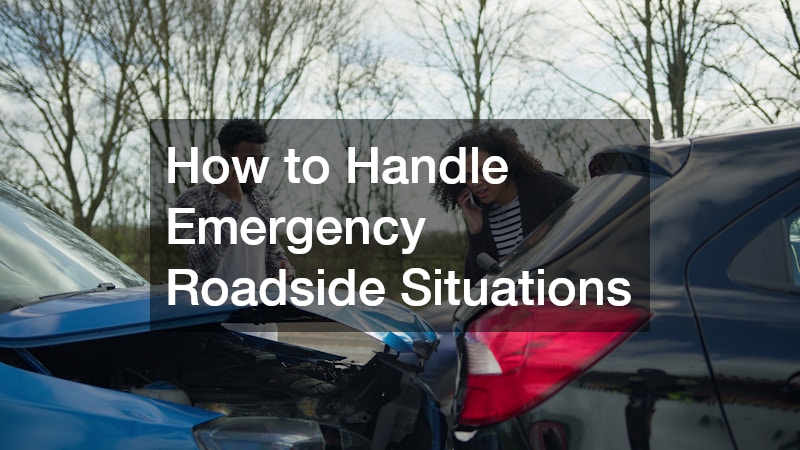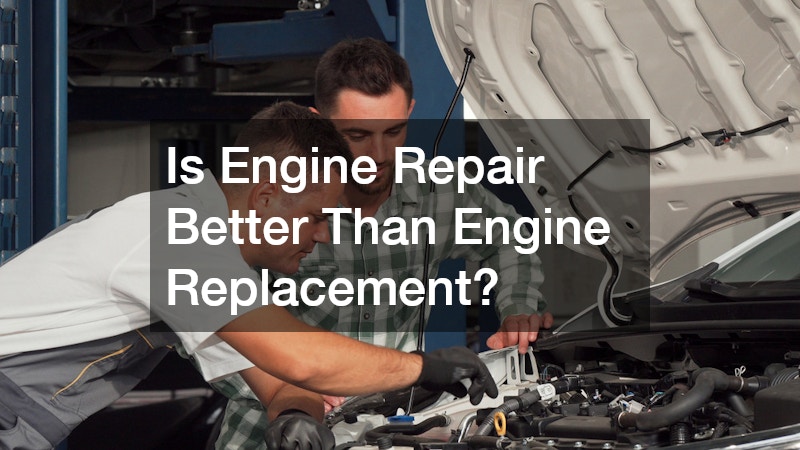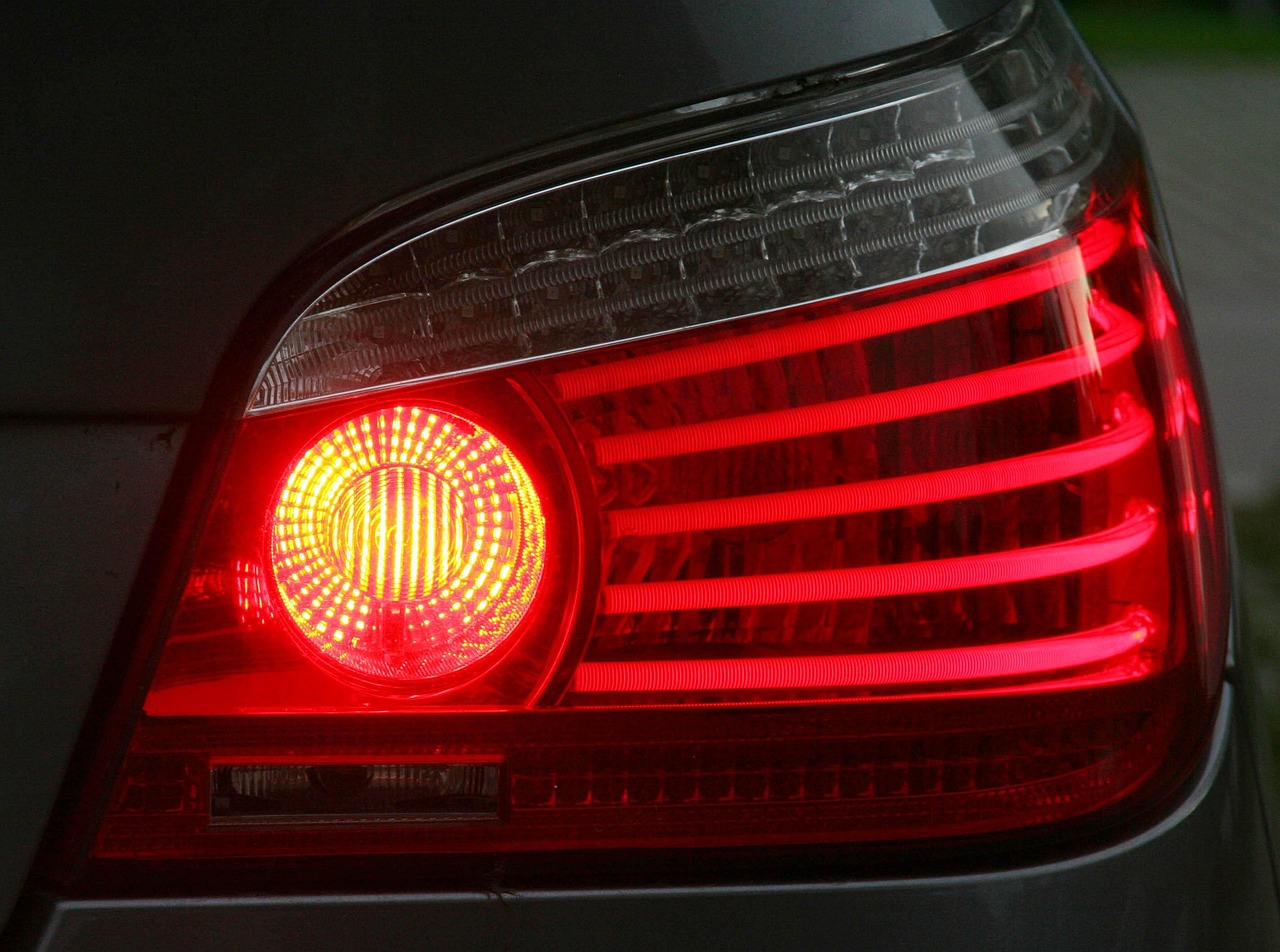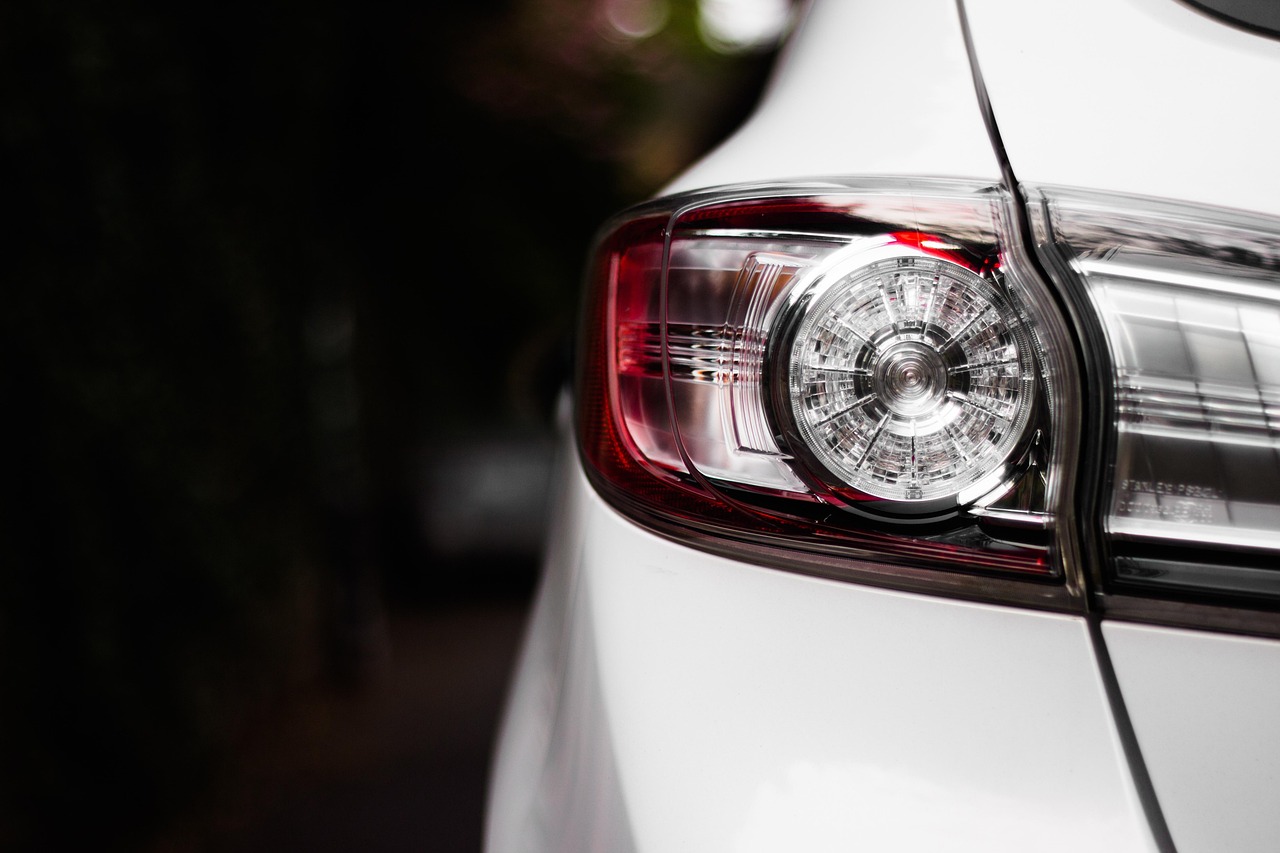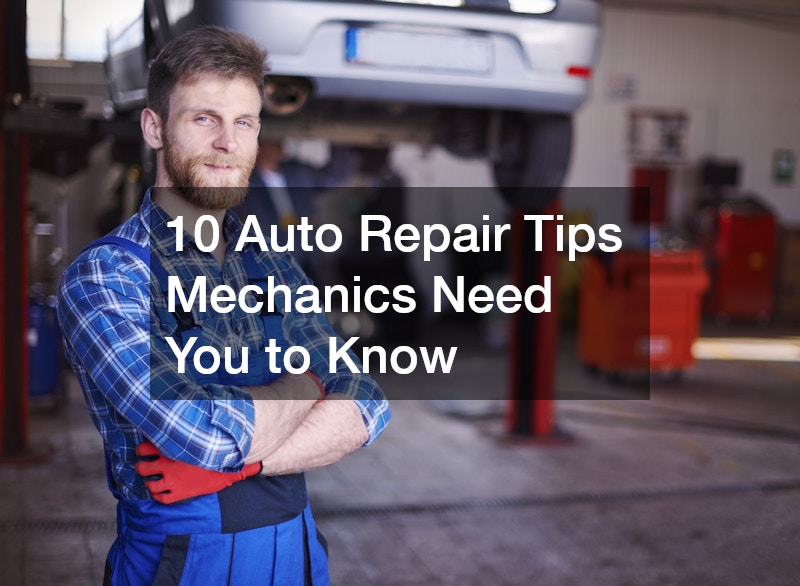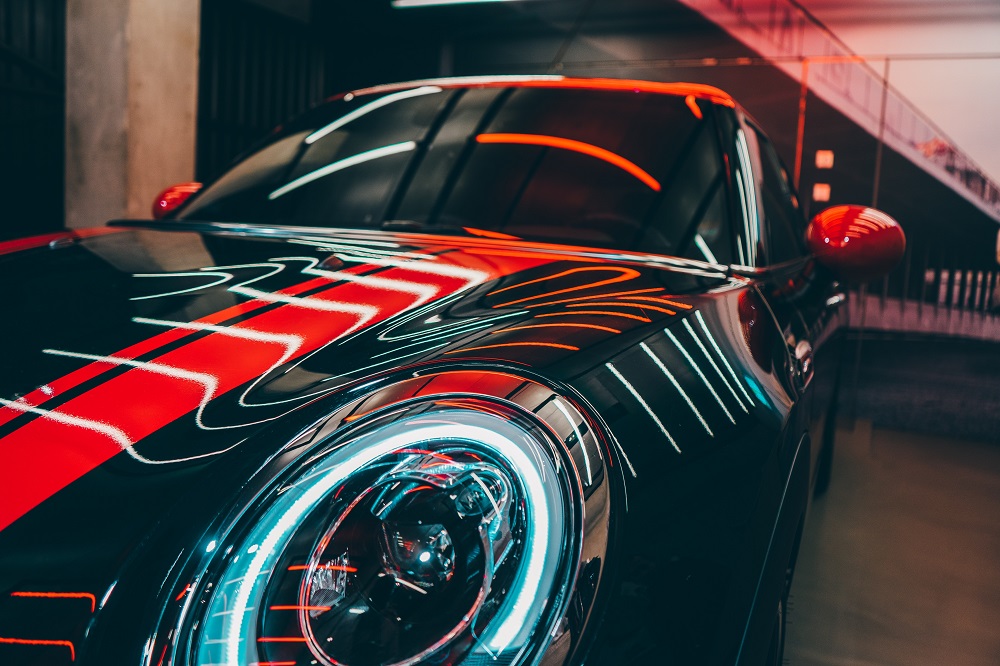 The Porsche Panamera is arguably one of Porsche’s most popular and successful models, and has been one of the company’s highest-selling cars since its release in 2017. The Panamera managed to capture the hearts of car lovers everywhere thanks to its perfectly engineered mix of high-performance sports car features like a 330HP V6 engine with the practicalities of a mid-range sedan like spacious seats and roomy storage.
The Porsche Panamera is arguably one of Porsche’s most popular and successful models, and has been one of the company’s highest-selling cars since its release in 2017. The Panamera managed to capture the hearts of car lovers everywhere thanks to its perfectly engineered mix of high-performance sports car features like a 330HP V6 engine with the practicalities of a mid-range sedan like spacious seats and roomy storage.
But like we mentioned before, Porsche cars are one of the most expensive luxury cars to maintain. This isn’t necessarily because of shoddy engineering: in fact, quite the opposite, Porsche cars are built so precisely that if one thing goes wrong, it affects the entire system. And because it’s a luxury brand, it needs to be serviced by certified Porsche mechanics, and while after-market and OEM products can work in a pinch, it’s almost always better to have original Porsche parts.
As for the Porsche Panamera, it’s pretty solidly built, and while it does suffer from common problems, by and large, it’s one of the sturdiest luxury cars out there, and is so much hardier than its cousin the Cayenne.
How Much is the Annual Maintenance Costs of the Porsche Panamera?
Most Porsche-certified mechanics will say that the annual maintenance costs of the Porsche Panamera is around $1,200. This is very similar to the aforementioned Cayenne, and as for both, the exact price will depend on how old your car is, hat driving conditions you’ve brought it to, if it’s been maintained properly, and mileage, among other things.
Unlike the Cayenne, however, the Panamera doesn’t have a lot of recurring problems. Yes, in general, their annual maintenance costs are almost the same, but because the Panamera is less prone to breaking down, it can actually cost less than half of that of the Cayenne. Some Porsche owners even report spending around $300-$400 on their annual maintenance costs for the Porsche Panamera, given proper maintenance and proper driving, of course.
Common Problems of the Porsche Panamera
That being said, the Panamera does come with its own set of problems. Unlike the Cayenne, however, it’s not exactly known for a series or a set or problems; rather, although the problems listed here are some of the most commonly cited problems of the Panamera, they occur with less frequency than the problems that occur with the Cayenne. Again, with proper maintenance, driving, and regular checkups with your mechanics, you can avoid most of these problems easily. Here are some problems Porsche Panamera owners have encountered with their car:
CV Axle Shaft Assembly Replacement
Front-wheel drive and all-wheel drive cars like the Panamera use what is called Constant Velocity Axles, or CV Axles. These axles work in conjunction with the suspension and engine of your car. It’s a shaft with constant velocity joints at either end, with one end on the transmission side and the other on the wheel hub side. The axles spin and transfer torque to the drive wheels of the car.
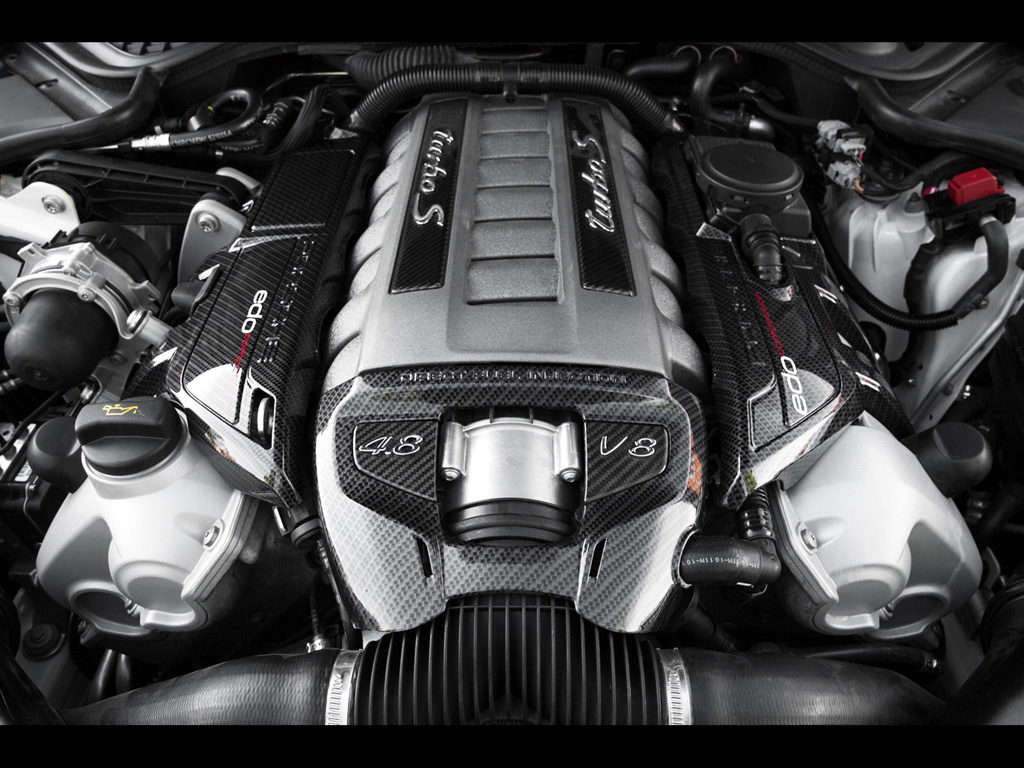 The axles are covered by a rubber accordion boot, which keeps in grease while keeping out dirt, water, and other foreign matter from getting into the axles themselves. Over time, these boots start to deteriorate and can start ripping. Once the boot is compromised, the CV axle will start leaking grease and taking in dirt and particulate matter, which will eventually wear out the joints within.
The axles are covered by a rubber accordion boot, which keeps in grease while keeping out dirt, water, and other foreign matter from getting into the axles themselves. Over time, these boots start to deteriorate and can start ripping. Once the boot is compromised, the CV axle will start leaking grease and taking in dirt and particulate matter, which will eventually wear out the joints within.
This usually happens over time, and the only way to prevent it is to have your mechanic regularly inspect the boots when you bring your Panamera in for scheduled maintenance. However, if you hear clicking sounds when you turn the wheels of your car, or if you notice that the inside of your wheel (or the ground underneath your car when it’s parked) is covered in black, heavy grease, then it’s high-time you bring it in to the (Porsche-certified) shop.
Price for Replacement: $200-$1,100
Wheel Bearings Replacement
The wheel bearings in a car consist of tiny, steel balls held together by a metal ring. The wheel bearings help your wheels spin fast while minimizing the effects of friction. Wheel bearings are tough, designed to support both the weight of the entire axle system, and the whole car itself. However, this doesn’t mean they’re indestructible; over time, grit and dirt will get in between the bearings and start to wear down the steel spheres, creating little imperfections that grind down the wheels as it turns. If left alone, it will eventually wear down to become completely useless in minimizing friction, which, in turn, will hurt your wheel axle and wheels in the future.
Price for Replacement: $300-$526
Fuel Pressure Regulator Replacement
Porsche engines need a very precise level of fuel pressure in its engines. The Panamera’s fuel pressure regulator is a high-tech, state-of-the-art device that ensures your engine receives the right amount of fuel, with any excess being re-siphoned back into the tank. The proper regulation of fuel pressure allows the engine’s injectors to operate at maximum efficiency, thus maximizing output and minimizing damage.
Unfortunately, the Panamera’s fuel pressure regulator has been cited for failing a little too often for comfort. When a fuel pressure regulator malfunctions or outright breaks, fuel can flood the engine and overwork the injector. In extreme scenarios, this can even lead to an engine fire.
Price for Replacement: $250-$600
Minimizing Annual Maintenance Costs for the Porsche Panamera
Despite the problems listed above, Porsche is still one of the top car manufacturers in the world, and their cars are still in a league of their own. That being said, with great luxury comes great responsibility, and as with most machines, proper maintenance and usage are the best ways to minimize repairs and instances of damage. Here are other ways to minimize the annual maintenance costs of your Porsche Panamera:
Bring Porsche cars only to Porsche-Certified Mechanics/Garages
I get it, your local mechanic probably gives you a huge discount on services (or maybe you just like supporting your community), but when it comes to luxury brands like Porsche, you’ll want to take it to a mechanic or a shop that’s been certified by Porsche itself. This means that the shop or mechanic has been trained to handle Porsche vehicles and have passed the rigorous safety and engineering standards of Porsche.
Porsche Parts for Porsche Cars
After market products are almost-always cheaper than OEM or original parts, but because of how precisely everything fits and works inside a Porsche, it’s always best to get Porsche-certified parts just to minimize further damage.
Always Follow Your Schedule
Porsche Panamera’s come with a precise and strict maintenance schedule. Follow it to the letter, and you’ll see that $1200 annual maintenance cost price tag drop down significantly.


